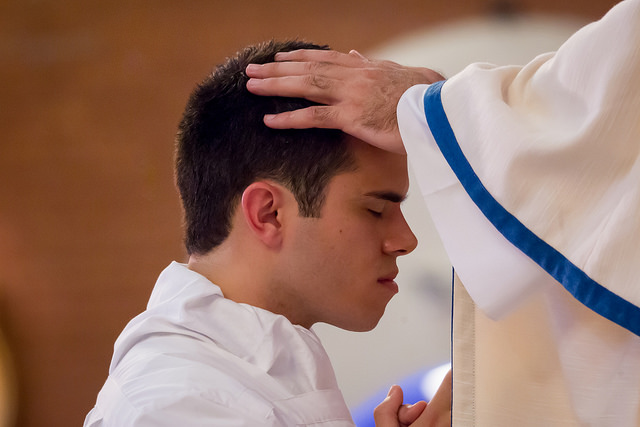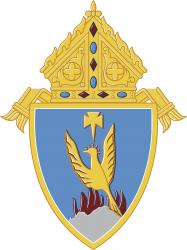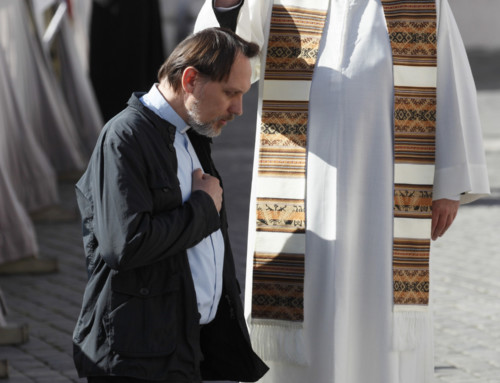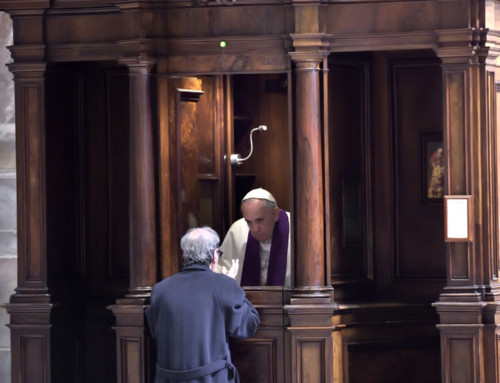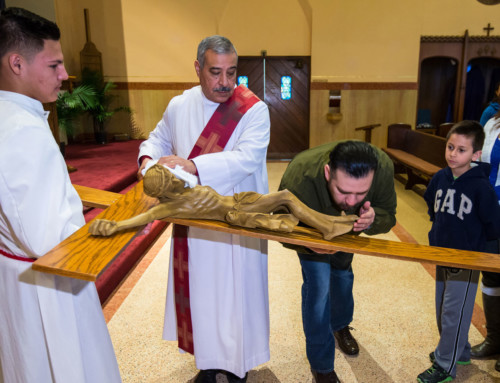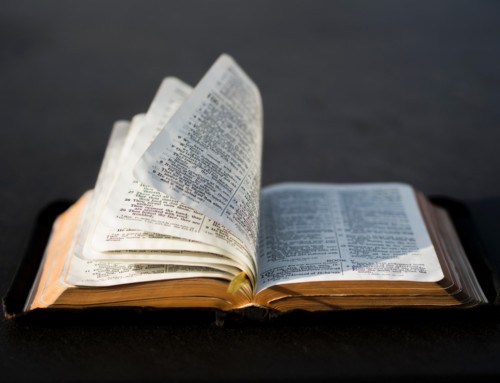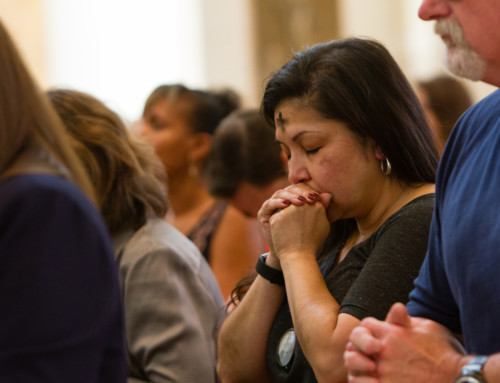Priestly Ordination
Holy Orders
Ordination to the priesthood is always a call and a gift from God. Christ reminded his Apostles that they needed to ask the Lord of the harvest to send laborers into the harvest. Those who seek priesthood respond generously to God’s call using the words of the prophet, “Here I am, send me” (Is 6:8). This call from God can be recognized and understood from the daily signs that disclose his will to those in charge of discerning the vocation of the candidate.
When God chooses men to share in the ordained priesthood of Christ, he moves and helps them by his grace. At the same time, he entrusts the bishop with the task of calling suitable and approved candidates and of consecrating them by a special seal of the Holy Spirit to the ministry of God and of the Church (Admission to Candidacy for Priesthood, 5).
All candidates for ordination in the Latin Church—with the exception of permanent deacons, who can be married at the time of their ordination—are chosen from among those who intend to remain celibate “for the sake of the kingdom of heaven” (Mt 19:12). Their celibacy is a sign of their intention to imitate Christ’s own celibacy and to serve God in the Church’s ministry with an undivided heart. In some cases, married clergy of other Christian churches who convert to Catholicism have been admitted to Holy Orders. In the Eastern Churches, only the bishops must be celibate. Priests and deacons may be married; however, in the United States, priests in Eastern Churches are normally celibate.
Effects of the Sacrament
This Sacrament configures the bishop and priest to Christ as the Head of the Church in Christ’s threefold office of priest, prophet, and king. This Sacrament configures the deacon to Christ as servant. The Sacrament of Holy Orders, like that of Baptism and Confirmation, confers an indelible or permanent character on the recipient. This means that this Sacrament cannot be received again. The indelible character is a reminder to the bishop, priest, or deacon that the vocation and mission he received on the day of his ordination marks him permanently. Like Baptism and Confirmation, which also confer a permanent character, Holy Orders is never repeated.
A bishop is given the grace to teach in the name of Christ; to sanctify the Church through the celebration of the Sacraments; to guide, govern, and defend the Church; and to be a sign of the unity of the Church. A priest is given the grace to proclaim the Gospel and preach, to celebrate the Sacraments (except Holy Orders), and to shepherd the people entrusted to him.
A deacon in the Latin Church is ordained to proclaim the Gospel and preach, to baptize, to assist the bishop or priest in the celebration of the Eucharist, to assist at and bless marriages, to preside at funerals, and to serve the community through works of charity.
Copyright © 2006 United States Conference of Catholic Bishops, Washington, D.C. Used with permission. All rights reserved.

